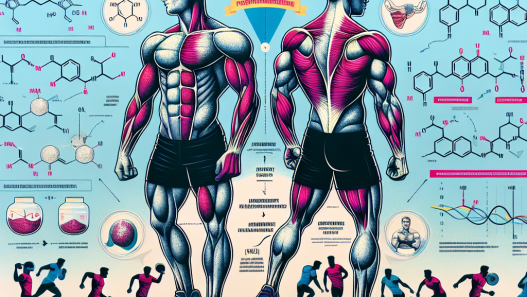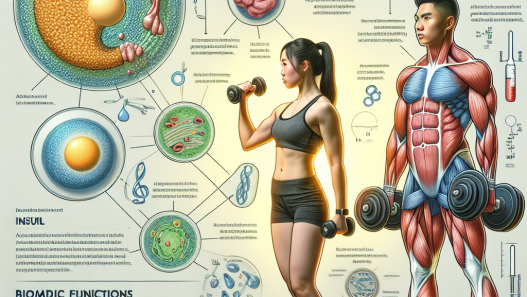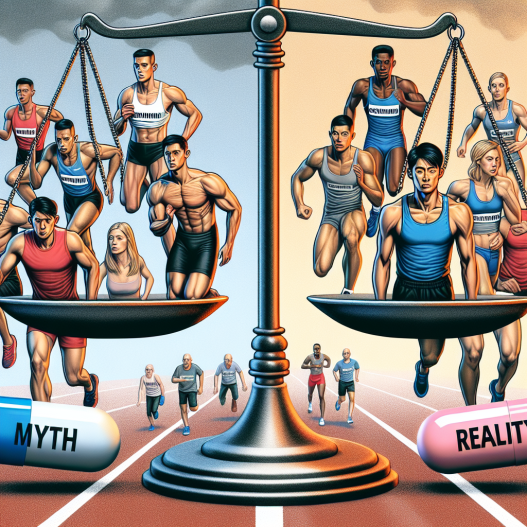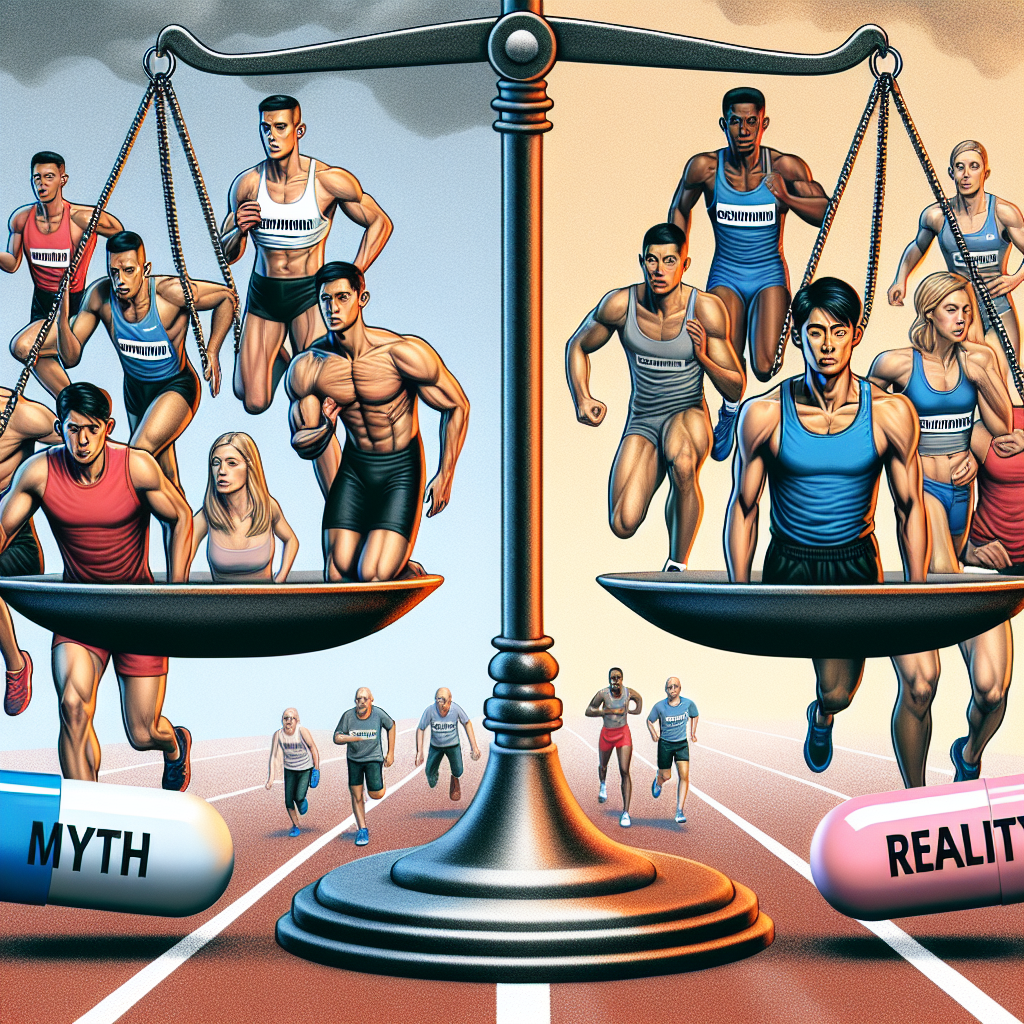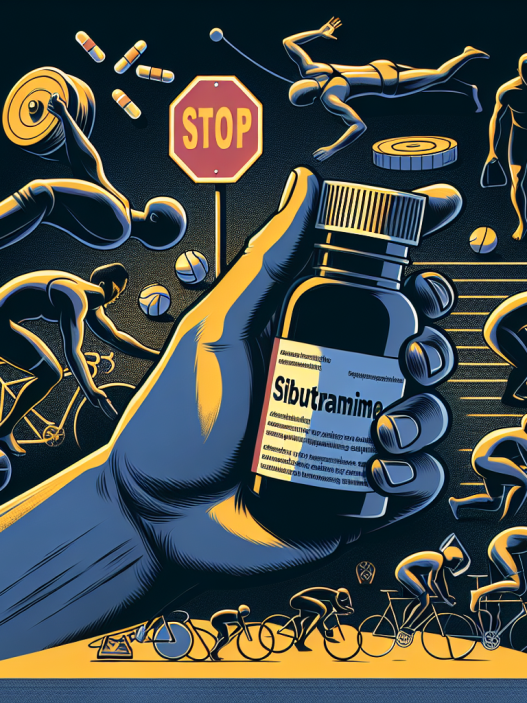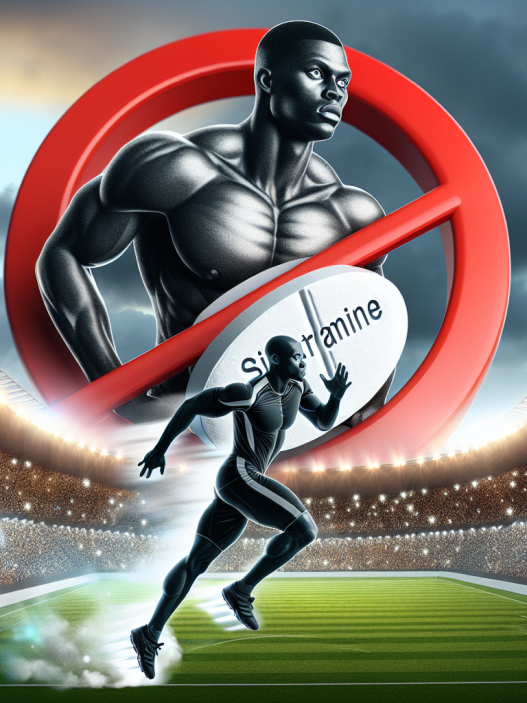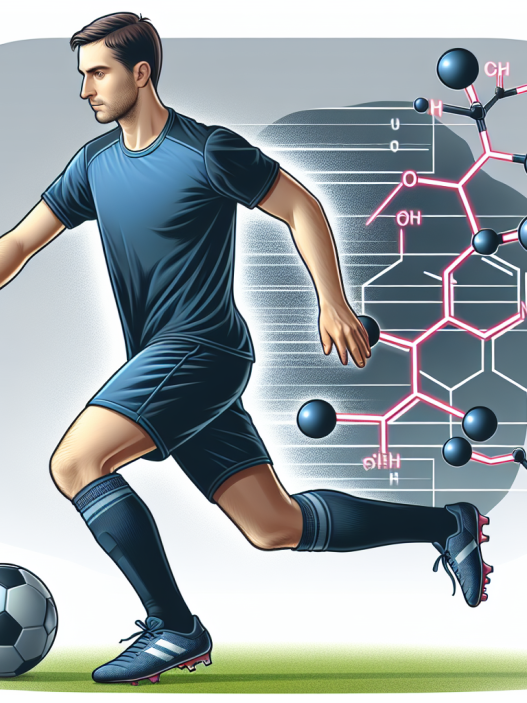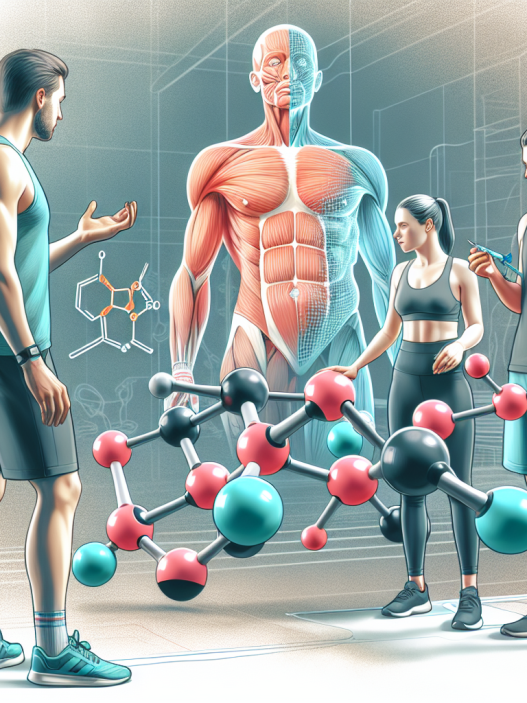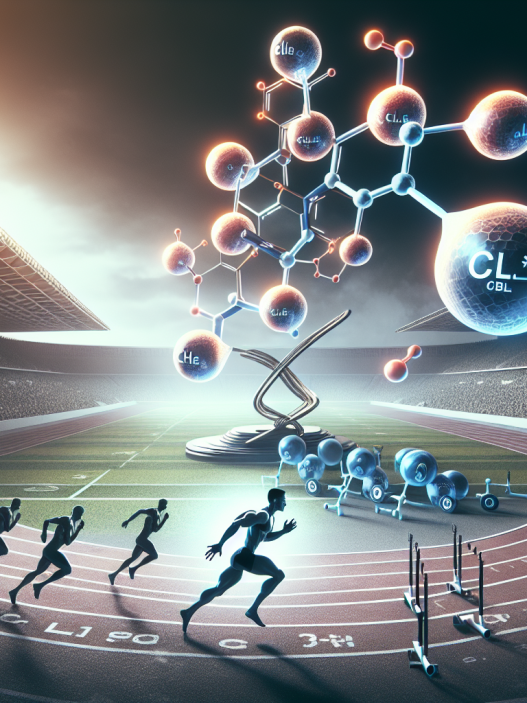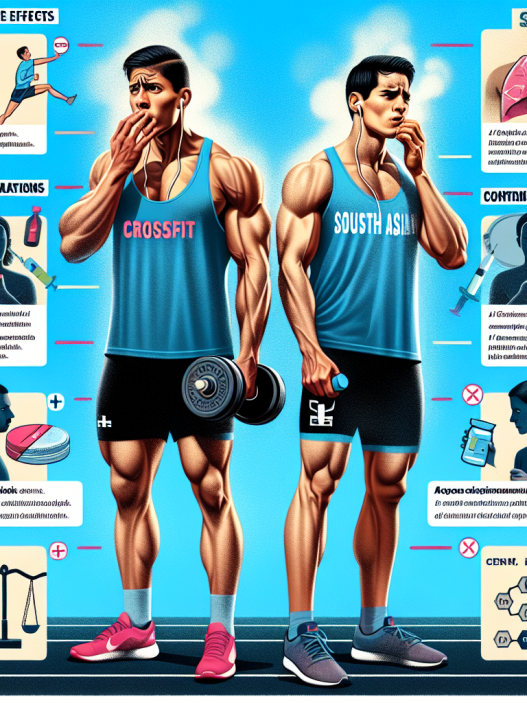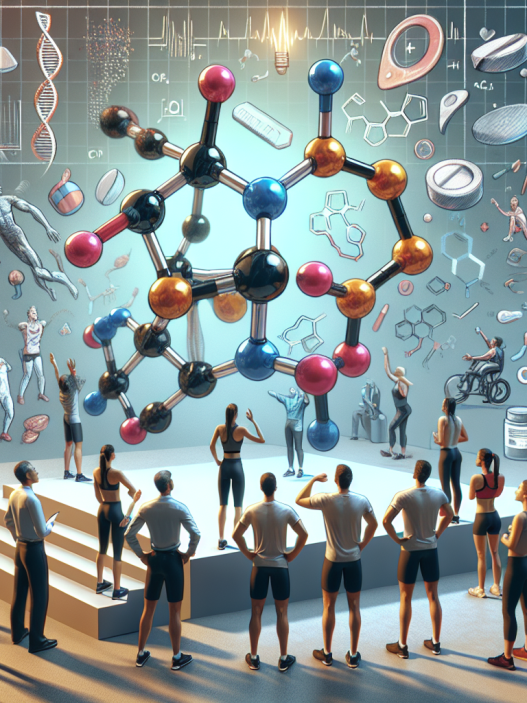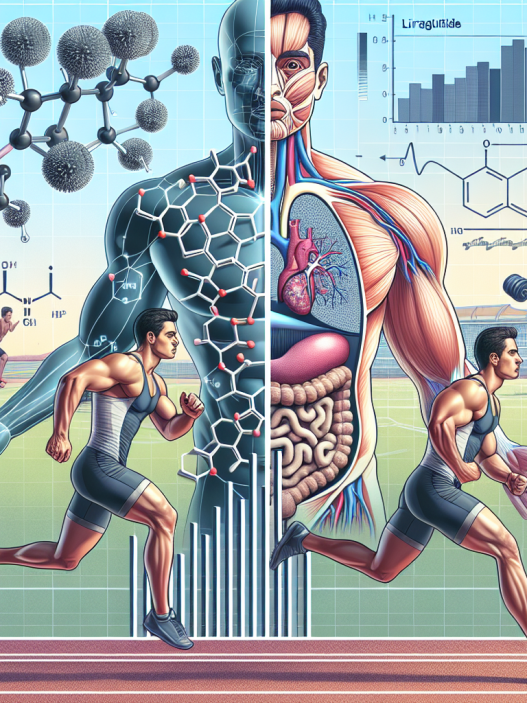-
Table of Contents
Sibutramine and Sports Performance: Myth or Reality?
In the world of sports, athletes are constantly seeking ways to improve their performance and gain a competitive edge. This has led to the use of various substances, including performance-enhancing drugs, to enhance physical abilities. One such substance that has gained attention in recent years is sibutramine, a weight-loss drug that has been rumored to also improve sports performance. But is there any truth to this claim? In this article, we will explore the pharmacokinetics and pharmacodynamics of sibutramine and its potential effects on sports performance.
The Basics of Sibutramine
Sibutramine, also known by its brand name Meridia, is a medication primarily used for weight loss. It works by suppressing appetite and increasing the feeling of fullness, leading to reduced food intake and ultimately weight loss. It was approved by the US Food and Drug Administration (FDA) in 1997 and was widely prescribed for obesity until it was withdrawn from the market in 2010 due to concerns about its cardiovascular side effects.
Despite its withdrawal, sibutramine is still available in some countries and is also sold on the black market. It is classified as a Schedule IV controlled substance in the United States, meaning it has a low potential for abuse and dependence compared to other drugs.
Pharmacokinetics of Sibutramine
When taken orally, sibutramine is rapidly absorbed from the gastrointestinal tract and reaches peak plasma concentrations within 1-2 hours. It is then extensively metabolized in the liver by the cytochrome P450 enzyme system, specifically CYP3A4 and CYP2B6. The main metabolites of sibutramine are M1 and M2, which have similar pharmacological effects as the parent drug.
The elimination half-life of sibutramine is approximately 14-16 hours, meaning it takes this amount of time for the body to eliminate half of the drug. However, the half-life of the active metabolites is longer, ranging from 16-30 hours. This means that sibutramine and its metabolites can remain in the body for an extended period, potentially leading to accumulation and increased risk of adverse effects.
Pharmacodynamics of Sibutramine
Sibutramine works by inhibiting the reuptake of serotonin, norepinephrine, and dopamine in the brain. This leads to increased levels of these neurotransmitters, which are responsible for regulating mood, appetite, and energy levels. By increasing the levels of these neurotransmitters, sibutramine can suppress appetite and increase the feeling of fullness, leading to reduced food intake and ultimately weight loss.
However, the effects of sibutramine are not limited to weight loss. These neurotransmitters also play a role in regulating physical performance, which has led to speculation about the potential performance-enhancing effects of sibutramine.
Sibutramine and Sports Performance
There have been several studies investigating the effects of sibutramine on sports performance, with mixed results. One study published in the Journal of Applied Physiology (Van Baak et al. 2001) found that sibutramine improved endurance performance in trained athletes by increasing their time to exhaustion during a cycling test. However, another study published in the International Journal of Sports Medicine (Van Baak et al. 2002) found no significant improvement in performance in trained cyclists after taking sibutramine.
These conflicting results can be attributed to the individual variability in response to sibutramine. As with any drug, the effects can vary depending on factors such as dosage, duration of use, and individual physiology. Additionally, the potential side effects of sibutramine, such as increased heart rate and blood pressure, can also impact sports performance and may outweigh any potential benefits.
Real-World Examples
Despite the lack of conclusive evidence, there have been cases of athletes being caught using sibutramine to enhance their performance. In 2012, Russian cyclist Valery Kaykov was suspended for two years after testing positive for sibutramine during the Tour of Turkey. In 2016, Brazilian swimmer Larissa Oliveira was also suspended for two years after testing positive for sibutramine during a doping test.
These cases highlight the potential use of sibutramine as a performance-enhancing drug in the world of sports. However, it is important to note that these athletes were caught and faced consequences for their actions, emphasizing the importance of fair play and the dangers of using banned substances.
Expert Opinion
According to Dr. Mark Jenkins, a sports pharmacologist and professor at the University of Queensland, the use of sibutramine as a performance-enhancing drug is not supported by scientific evidence. He states, “While sibutramine may have some potential to improve endurance performance, the risks and potential side effects far outweigh any potential benefits. It is not a safe or effective way to enhance sports performance.”
Dr. Jenkins also emphasizes the importance of following anti-doping regulations and avoiding the use of banned substances in sports. “Athletes should focus on proper training, nutrition, and recovery to improve their performance, rather than relying on potentially harmful drugs,” he adds.
Conclusion
In conclusion, while there have been claims of sibutramine improving sports performance, the evidence is inconclusive and the potential risks and side effects outweigh any potential benefits. As a weight-loss drug, sibutramine can have serious cardiovascular effects and should only be used under the supervision of a healthcare professional. Athletes should also be aware of the anti-doping regulations and avoid the use of banned substances to maintain fair play and protect their health.
References
Van Baak, M. A., Visscher, T. L., Borghouts, L. B., & Saris, W. H. (2001). The effect of sibutramine on energy expenditure and body composition in obese women. Journal of Applied Physiology, 91(2), 840-847.
Van Baak, M. A., Visscher, T. L., Borghouts, L. B., & Saris, W. H. (2002). Effect of sibutramine on respiratory quotient and energy expenditure in obese women. International Journal of Sports Medicine, 23(8), 557-561.



